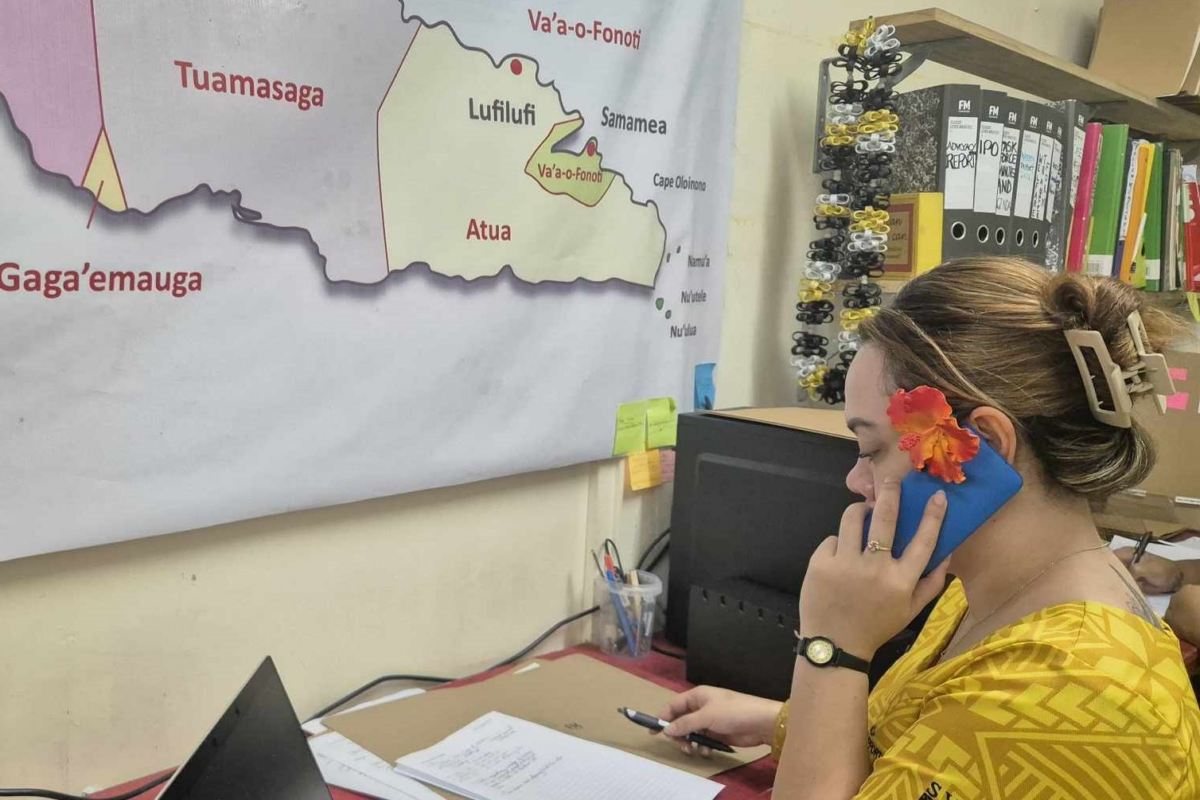
Is Suicide Decriminalised?
Uncertain
Are Crisis Lines Available?
Yes
National Suicide Prevention Strategy?
Uncertain
Population in Need of Support Per Year
Based on the WHO likely attempted suicide rate.
As a calculation of population size against suicide rate
Strength Of Support (Local Qualitative Assessment)
Population
Suicide Rate Per 100K Per Year, all Sexes (SDG 3.4.2)
Suicide Deaths Per Year (By Population)
Djibouti, officially known as the Republic of Djibouti, is a small country located in the Horn of Africa, in the eastern part of the African continent. Situated on the continent's northeastern coast, bordering the Red Sea, Djibouti is a strategic location and a hub for trade and commerce. It's home to a rich tapestry of ethnic groups, including the Afar, Issa, and Somali people. Djibouti's religious makeup is equally diverse, encompassing Islam as the predominant faith, intermingled with various indigenous belief systems. This mix of cultures and faiths contributes to the country's unique identity.
The legal system in Djibouti combines French Civil Law based on the Napoleonic Code and Islamic Law (Sharia), which overlap, particularly on family matters relating to marriage and inheritance.
Like many other nations, Djibouti inherited colonial-era laws from its former colonial ruler, France. Although suicide was decriminalised in France in 1791, the offence has remained in the corpus of other laws around the world.
The World Health Organization (WHO) advocates for the decriminalisation of suicide and suicide attempts. Finding out more and removing such laws removes stigma and allows avenues for providing appropriate mental health support to individuals in crisis.
Criminalising suicide punishes distress. Decriminalising suicide saves lives.






